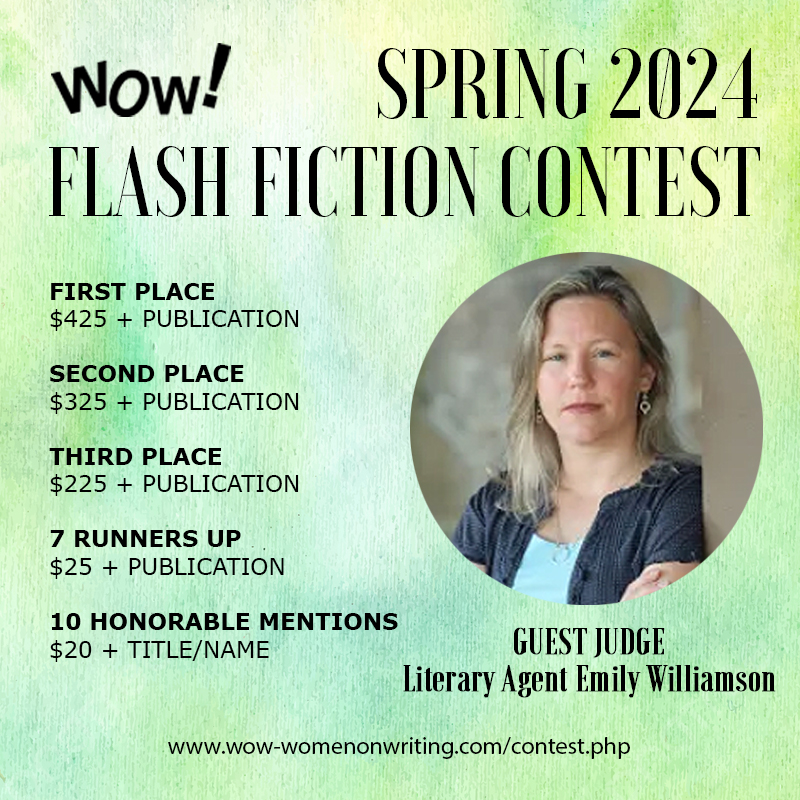But limitations? That not something we discuss. Msimang made some powerful points.
Strength 1. Stories bring people together. At a certain level they create solidarity.
Limitation 1. This solidarity is usually an illusion. When you read about someone overcoming poverty or escaping her abuser, you have that fuzzy feel-good moment. Ahhhh, she made it. But unless you do something with this feeling, it’s too elusive to be solidarity.
Strength 2. Stories make us care about people we like. Sounds a lot like Strength #1, doesn’t it? The difference becomes clear in the limitation.
Limitation 2. We are less likely to care about someone who isn’t likeable. That’s why anti-heroes and unreliable narrators are hard to pull off. It is incredibly difficult to bridge the gap between readers and angry, outspoken narrators. This is a huge problem because, as Msimang points out, it is often the story that makes us squirm that we most need to hear.
Strength 3. Stories help us connect at the personal level, but …
Limitation 3. It is remarkably hard for people to see the connection between the personal woe and the societal problem.
Clearly, Msimang was talking to us as readers and her message was clear. Don’t think reading is enough. Don’t shy away from ugly stories. Think about the larger causes of individual hardships.
There are several things that we can take away from this as writers. First of all, we have to be willing to tell the hard stories and help our readers make uncomfortable connections. It is easy to say that poor children fail because they go to bad schools. In Hillbilly Elegy, author J.D. Vance makes it clear that a tumultuous home life kept him from getting all that he could out of school. I can only imagine how hard this memoir was to write because it is certainly hard to hear.
Secondly we must challenge our readers. Children’s writers talk about takeaways and calls to action. We need to write powerful stories that will stick in the readers mind. We need to give them an ear worm that is going to stick with them and remind them that there is something they MUST do. That something is the call to action, the step that we challenge our readers to take.
As writers, we have the power to create worlds and change lives. To activate this power, we need to tell moving stories and dare our readers to step up and act.
--SueBE
To find out more about Sue Bradford Edwards writing, visit her blog, One Writer's Journey.
Sue is also the instructor for Writing Nonfiction for Children and Young Adults which starts again 2/6/2017.








.jpg)




6 comments:
Sue--You have children. I have a grandchild. Wouldn't this be a wonderful world if writers of children's books WERE brave and did dare to try and nudge their readers into action?
Thanks for this post.
Interesting post, Sioux. I often wonder if writers for adults feel this same "responsibility"--probably, but I hear it much more discussed in the children's writers circles--of course I know more children's writers.
I meant interesting post, Sue. ;)
Sioux,
Children's writers do it frequently. I see it less often in writing for adults. For whatever reason, adult book buyers will buy how-tos -- lose weight, find the perfect house, but they don't want a call-to-action associated with their fiction. They have no problem expecting books for young readers, especially picture books, to include a call-to-action. It is definitely something to think about.
--SueBE
Great post, Sue. I've personally felt inspired to take action from stories that pulled on my heartstrings or made me angry, and I think it's as much for children as it is for adults. (Or maybe I'm a late bloomer.;) For example I read a memoir on factory farming years ago that inspired me to take action and become a vegan. I recently talked to a girl--around twelve--who told me she became vegan the same way--by reading a book that touched on the issue and then researching more. She said she originally did it for her love of animals, but as she researched, she found out about the impact on the environment. I think if we're really passionate about the message behind the story--no matter whether it's a memoir or a novel--our writing will inspire readers to take action. Like you said, we can write powerful stories that stick in readers' minds, and I think we can write something interesting and persuasive without overdoing calls to action.
Sue, we learn about the world through stories, so all writers have a big responsibility, which is why it is so intimidating to many of us!
Post a Comment